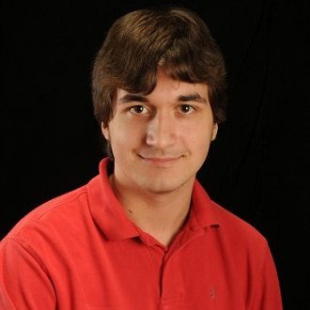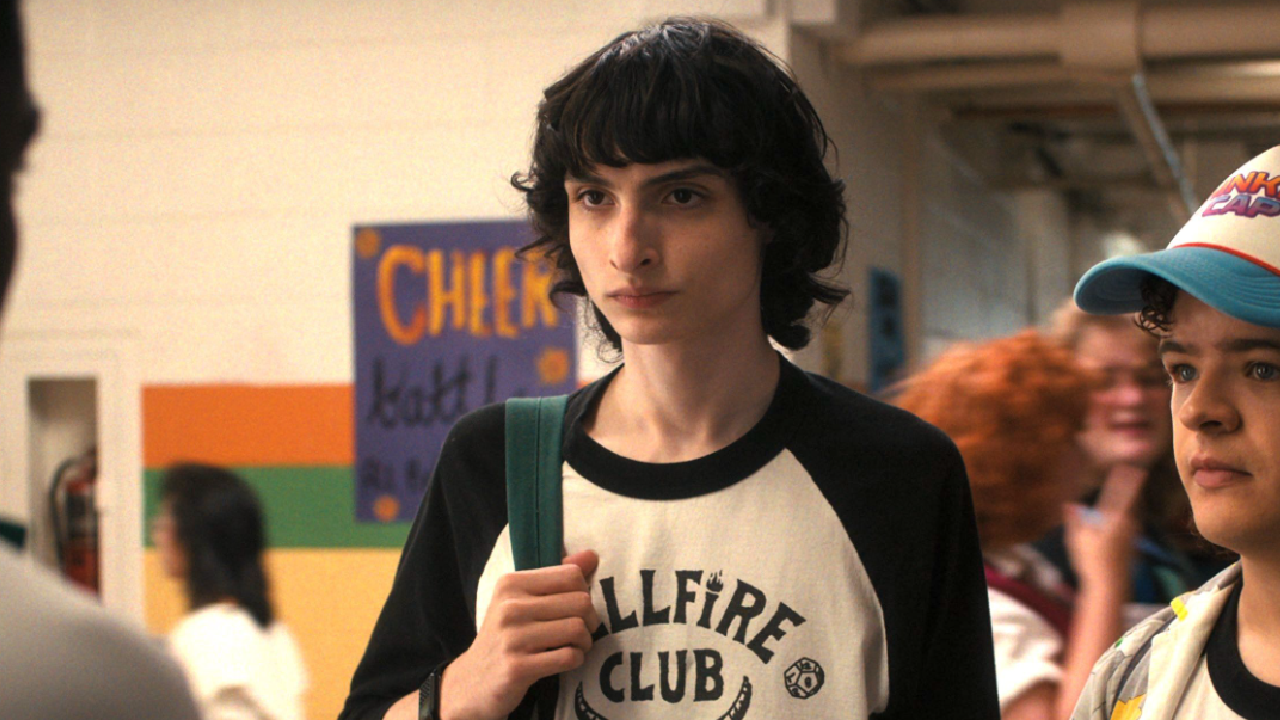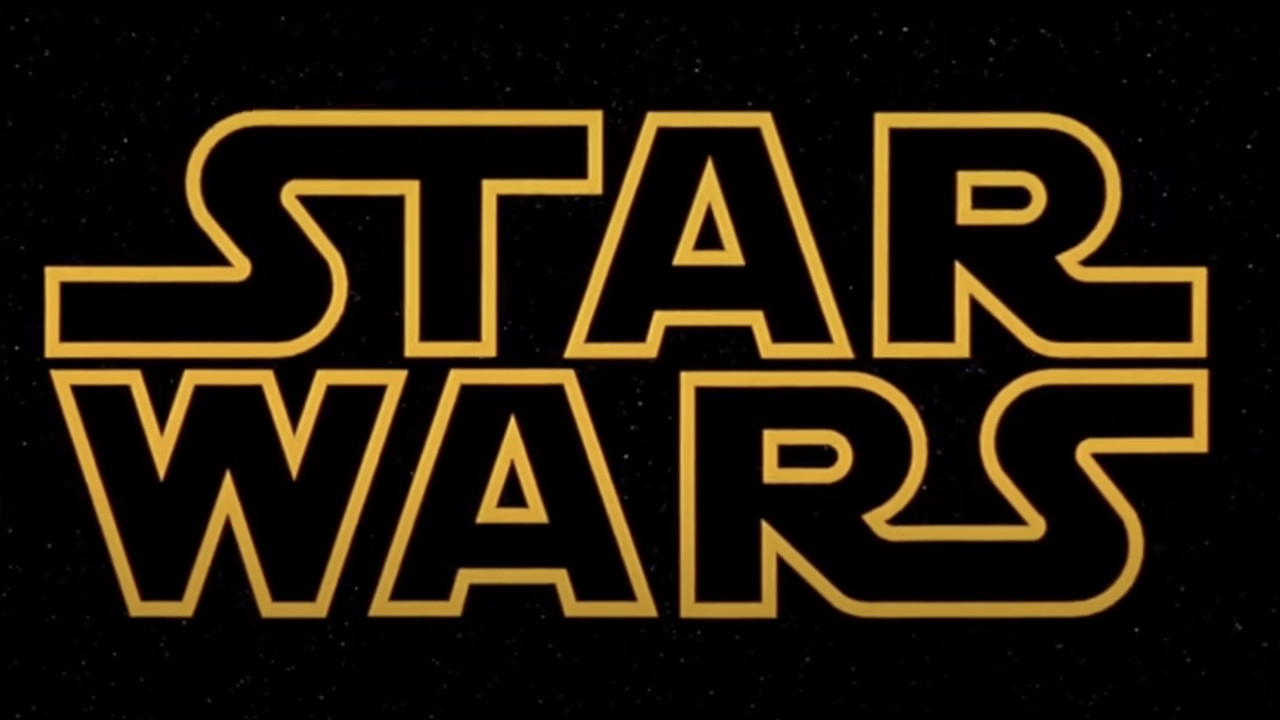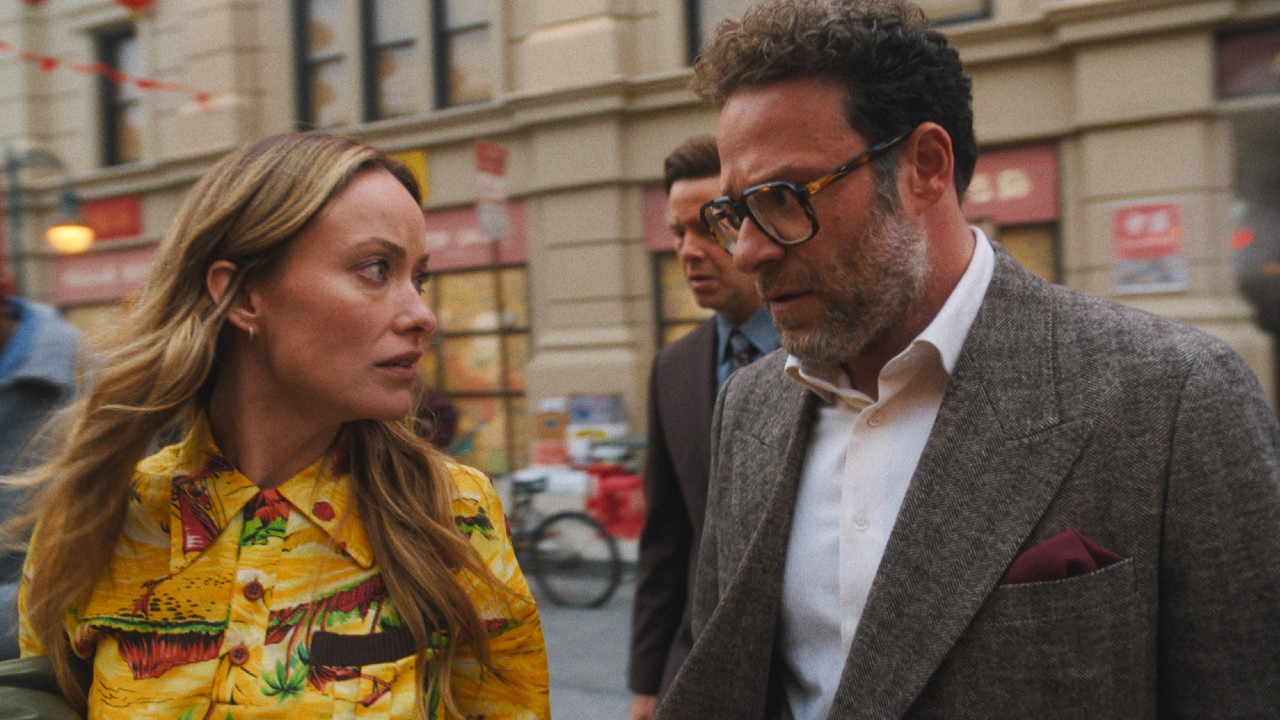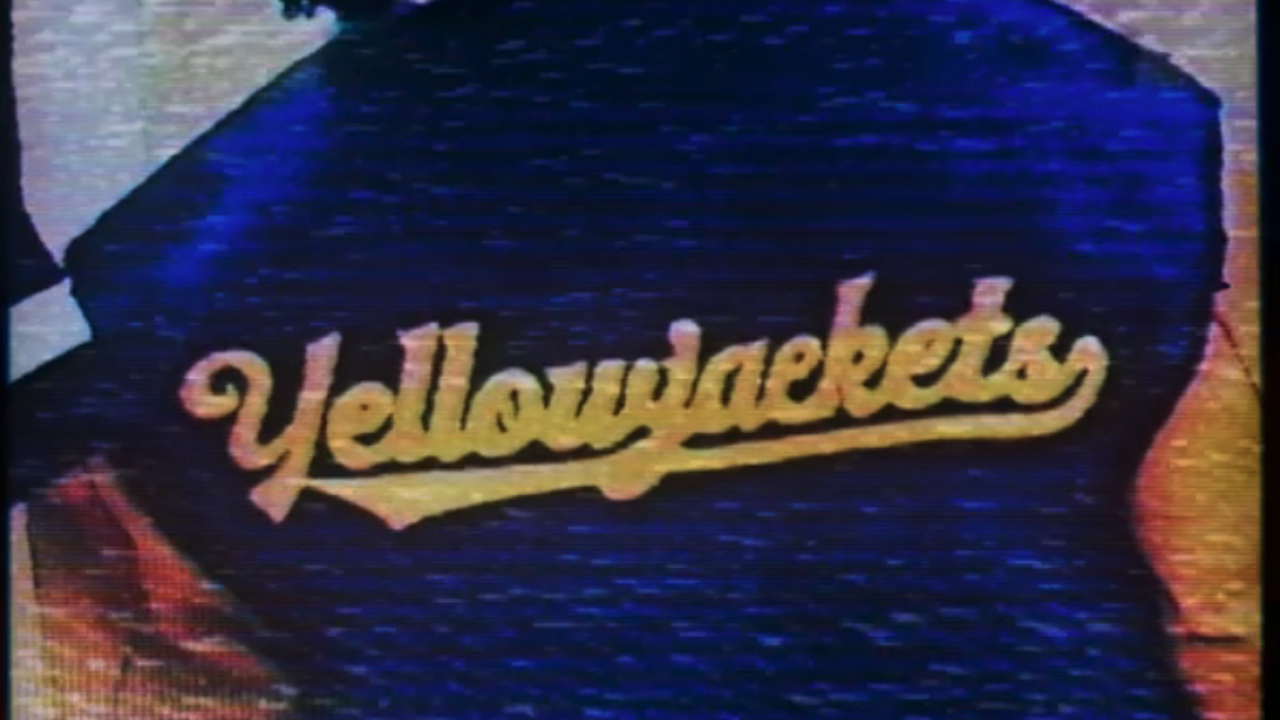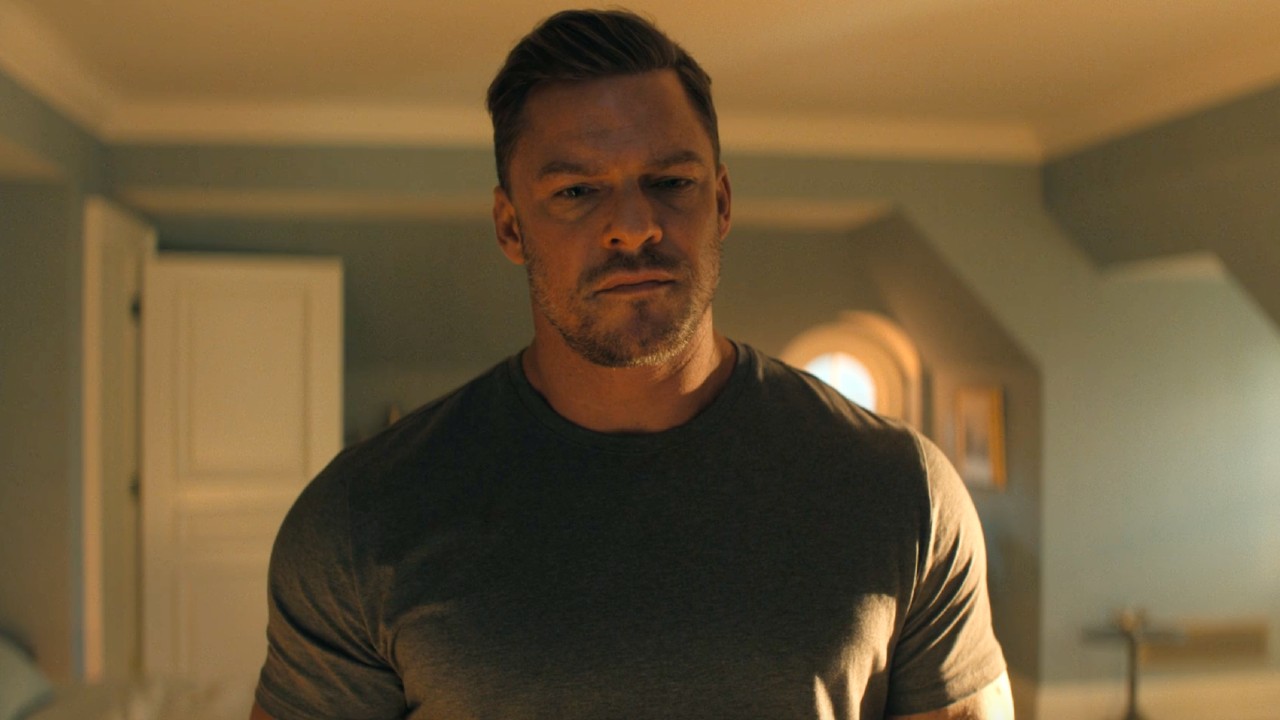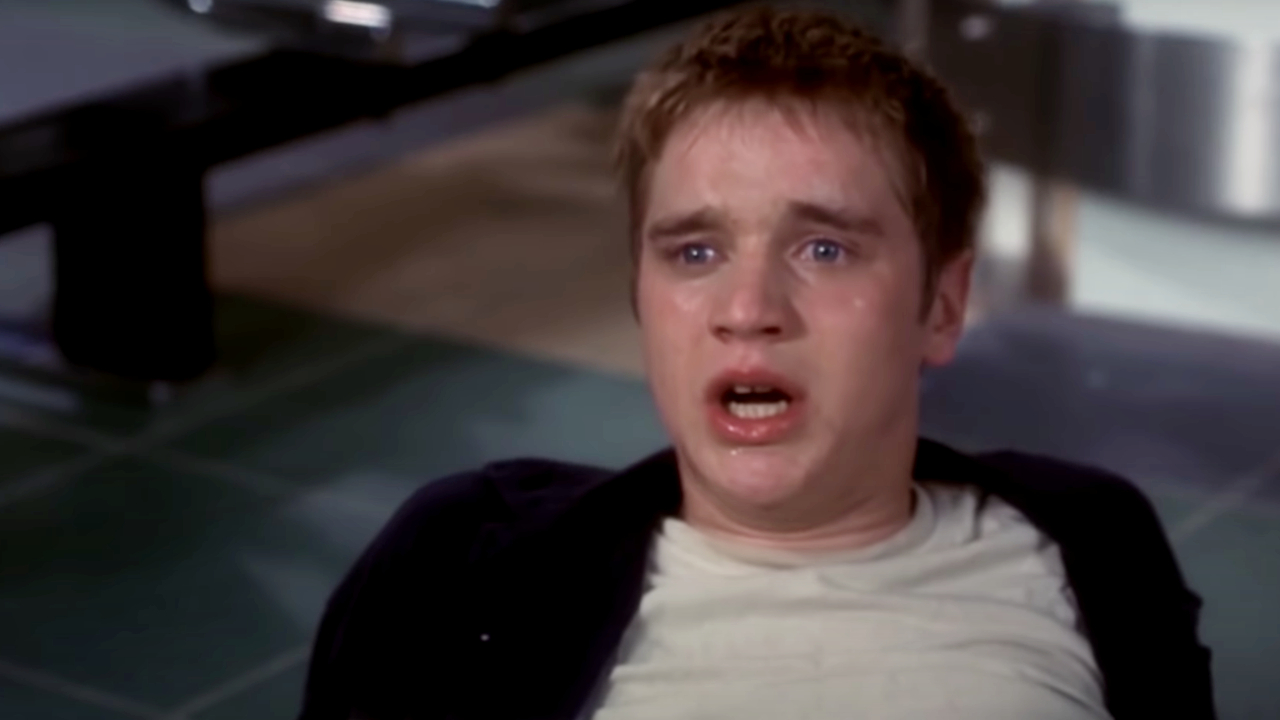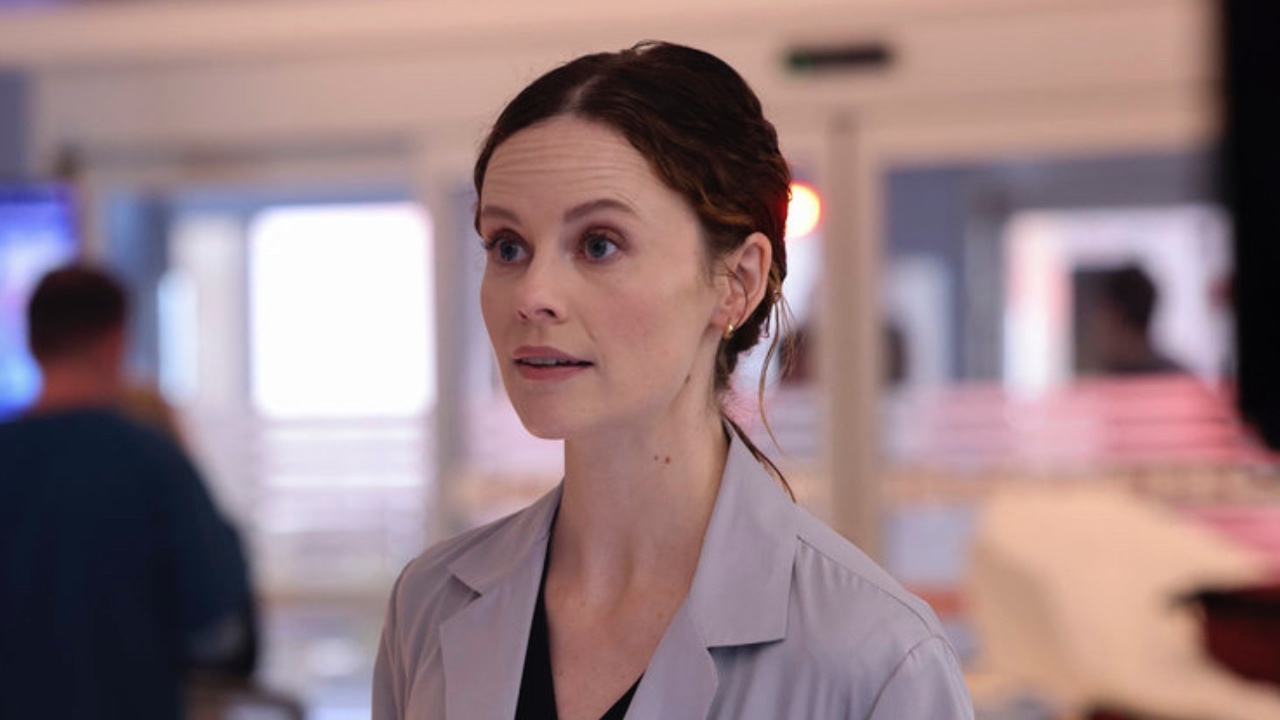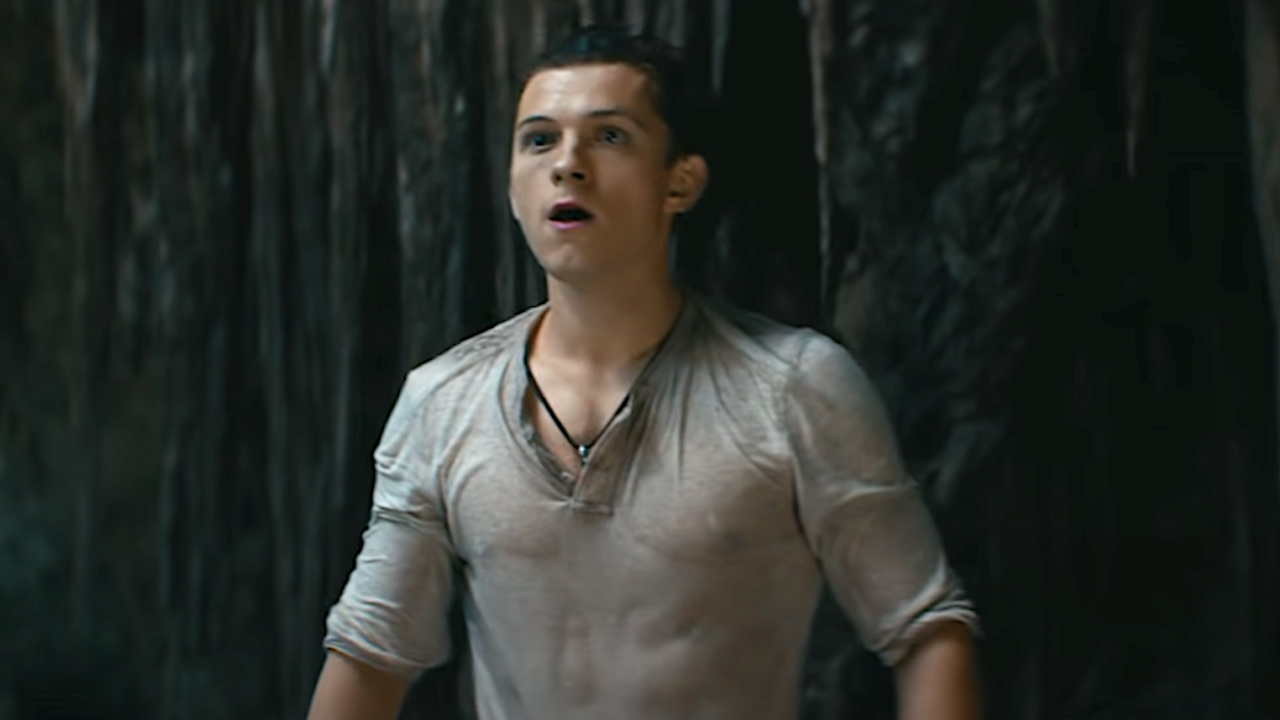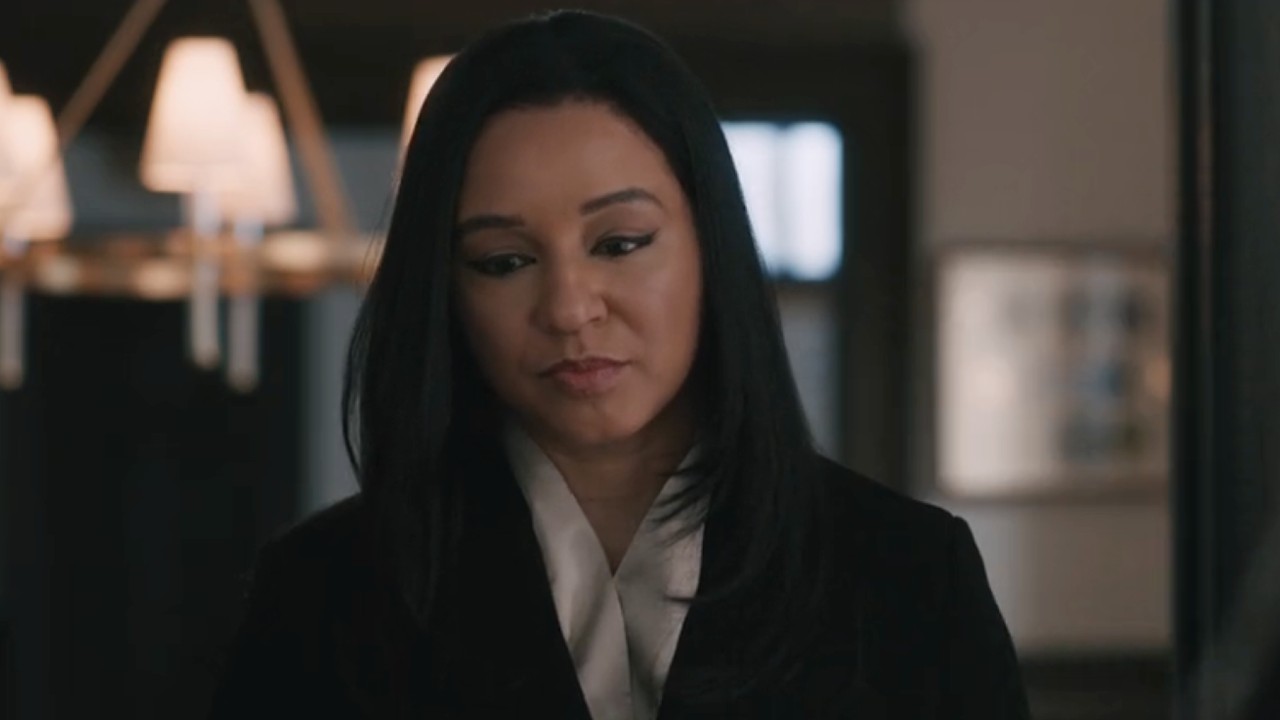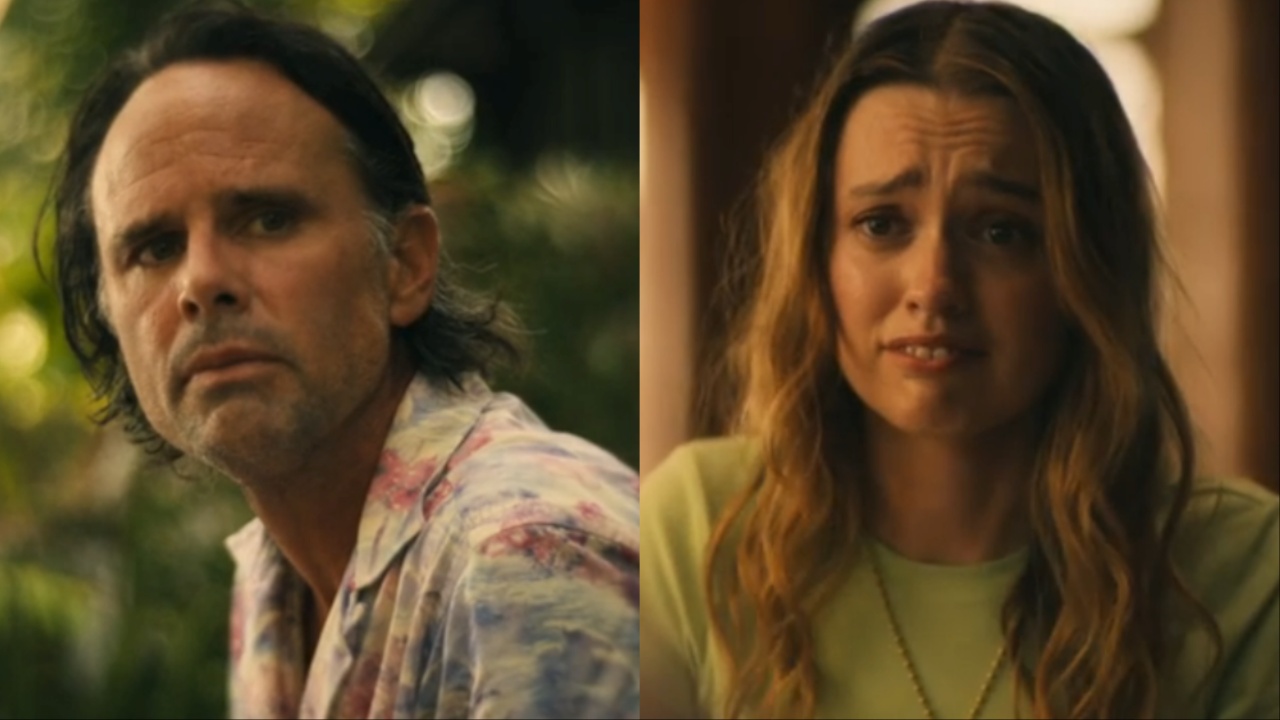Ranking All 3 Seasons Of True Detective
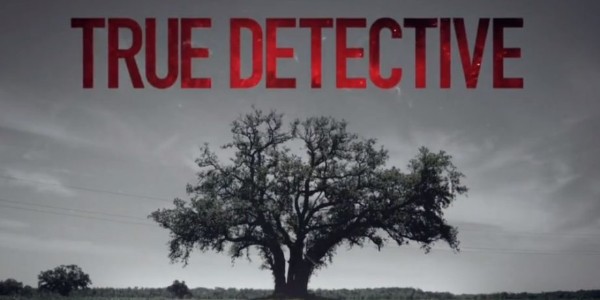
Earlier this year, HBO unveiled Season 3 of True Detective, the anthology detective series written and created by author Nic Pizzolatto. Given that each season is never an absolute certainty, it's hard to know if this acclaimed dramatic series will continue to shine in its dark, morose fashion for another season or two, or if we've seen the last of what Pizzolatto has to offer with this program.
Whether it's the end or we have more episodes left in store, one thing is for certain: True Detective has undeniably defined Peak Television as viewers know it today — particular with its stellar first season.
The sullen, melancholic series became an unlikely sensation when it first aired on HBO. Thanks to the established talents of Matthew McConaughey and Woody Harrelson, however, it didn't take long before viewers were enraptured with the dark spell it cast, illuminating on the potentials of long-form storytelling with A-list talents that wasn't capitalized on prior.
Now, thanks to True Detective, the tube has become a premiere spot for A-grade talent to shine, and it's safe to assume TV won't be the same. Therefore, in celebration of this show's success, we'll take a moment to rank all three seasons.
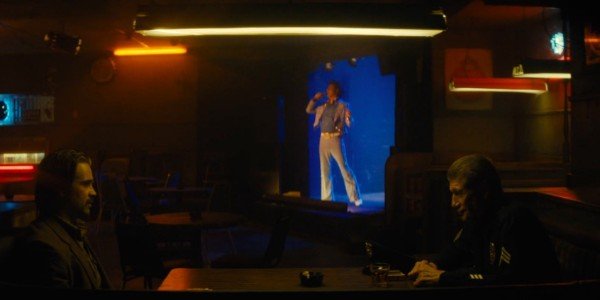
3. True Detective Season 2
To give credit where it's due, True Detective's second season tried to shake up the formula. The location was switched from the eye-catching gothic malaise of a distant, deeply disturbed Louisiana to the congested, smog-filled streets of a crowded Los Angeles. The focus isn't centered squarely on the brooding detectives, but on the whole corrupt infrastructure of the morally-askew city.
As a result, this season opted for more of an interweaving storyline centered around criminals and crime-fighters alike rather than a nonlinear two-sided character study that centered around hazy, yet never forgotten memories, burning disgruntlements, dark vengeance and past injustices. The ambition was grandeur, the scope was much larger and the drive was longer.
Yet, despite its earnest intentions to expand itself and craft a new story that wasn't merely a copycat of its former glory, True Detective Season 2 falls short of its past success for a number of different reasons. The first season was written and carefully constructed after years of diligent work, and the second season simply didn't have that same luxury.
CINEMABLEND NEWSLETTER
Your Daily Blend of Entertainment News
Nic Pizzolatto had all the time in the world to write that excellent first season, but HBO was hungry for that second season, and it wasn't looking to wait intently. This quickly ticking, ticking, ticking, ticking clock resulted in a notably more rushed and scattered season, lacking the same precision, patience, depth and nuance that made the first season so invigorating, distinctive and impeccable.
Additionally, the absence of director Cary Joji Fukunaga was noticeably felt. The filmmaker helmed the first season in its entirety, and that sharp, very confident vision resulted in the lavish cinematic feel that made True Detective much better than your average detective procedural show.
While Justin Lin directed the first two episodes, the rest of the second season was helmed by a variety of different filmmakers, resulting in a season that lacks the clear and concise style of the story told before it. These shortcomings make it evident why this season didn't work quite so well, but it's not entirely bad.
For all its messiness, True Detective Season 2 is benefitted enormously by another strong ensemble. The dialogue isn't as piercing this time around, but Colin Farrell, Rachel McAdams, Kelly Reilly and even Vince Vaughn turn in some impressive performances. Farrell and McAdams, in particular, are quite good as Detective Raymond Velcoro and Detective Sergeant Antigone "Ani" Bezzerides, respectively.
Vaughn is also given some of the worst lines to read in the series, but he does convey a mix of menace and somberness that made it a nice departure from his comedy roles. The weak link is undoubtedly Taylor Kitsch, who is a total flatline. Though without diving into spoilers, Kitsch doesn't have as many scenes as the other actors in here.
Also, True Detective does allow itself to play more into different ambient styles of storytelling, including an elaborate, yet absorbing, David Lynch-esque dream sequence at the beginning of the second episode involving a Conway Twitty impersonator that is undeniably Season 2's strongest scene. I wish we had more dreamy Twin Peaks-esque moments like this instead of half-hearted attempts to convey the moody, grounded tone of the first season. Thankfully, in season 3, viewers got more moments like that one to bridge the widening gap between seasons one and two — tonally and quality-wise.
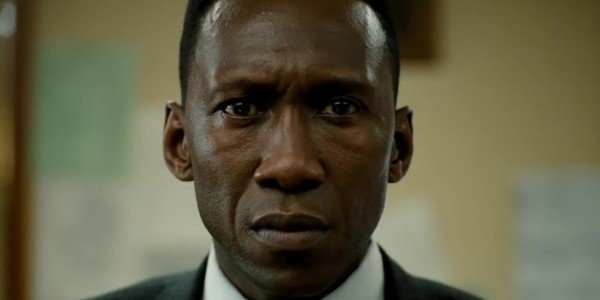
2. True Detective Season 3
One of the promises that come with anthology series is knowing that each season could, theoretically, provide a new start and a fresh perspective, with new characters and/or new locations that keep the show from retreading the same ground over and over again. Unfortunately, after season two's hopeful attempts to depart from the acclaimed structure of the first season became underwhelming, Nic Pizzolatto went back to the tired-and-true with Season 3.
The Southern backdrops, the nonlinear narrative, the unsolved mystery that weighs on the minds of its detectives — many of the key elements that were in play in Season 1 were back for another round with Season 3. The results weren't quite as successful as the first time.
It's hard to imagine any future season of True Detective matching the same high quality as Season 1. Everything came together in just the right way with that first season, particularly with the rise of Peak Television informing its impact — critically and influentially — for the next few years of television.
But while Season 3 doesn't hit the same high notes, falling into the trap of rehashing the structure and many of the themes and story beats found in Season 1, it does take good strides to capture what made that first season such an electrifying, pulsating piece of television. Namely, this third season of the anthology series keeps the focus on the characters — more specifically, the troubled mind of Detective Wayne Hays (Mahershala Ali).
One of the great benefits of True Detective Season 3 is that it plays with the concept of memory establishing how we perceive critical events in our lives. This is done by having our main character suffering from dementia, which clouds his memory of this unsolved crime, plagues him with a few haunting hallucinations and gives his perspective a sense of unease which also informs the fragmented, time-hopping narrative in a big way.
It's a clever twist that's benefitted quite nicely by Mahershala Ali's exceptional performance as Wayne Hays — one that effectively communicates the different stages of time and how this unsolved case has gone on to shape his life. The gradual deterioration of his mind gives him even more urgency to find peace in this broken story.
In fact, most of the performances in True Detective Season 3 are on par with what we got from that first season. In addition to Mahershala Ali, Stephen Dorff also gives an excellent performance as his partner, Detective Roland West. Additionally, Carmen Ejogo and especially Scoot McNairy give stellar performances as Amelia Reardon, the future wife of Wayne Hays, and Tom Purcell, the distressed, alcoholic father of the children who are missing at the center of the case. There is a lot to admire this time around.
But similar to Season 2, True Detective season three is hurt by the lack of one distinct vision. Jeremy Saulnier helms the first two episodes, while Daniel Sackheim and Nic Pizzolatto himself split directorial duties this time around. The direction is generally stronger than it was in season two, but it doesn't feel quite as focused and cinematic as it was during Season 1.
But since the season the written over the course of a couple years, at least there is a patience and a deliberate steadiness to True Detective Season 3 that feels more at home with Season 1 than Season 2. It also helps that this season was co-written — at least in part — by David Milch, the creator of Deadwood and NYPD Blue, which certain sparkles some life into the show just when it was starting to feel a little more repetitive than usual.
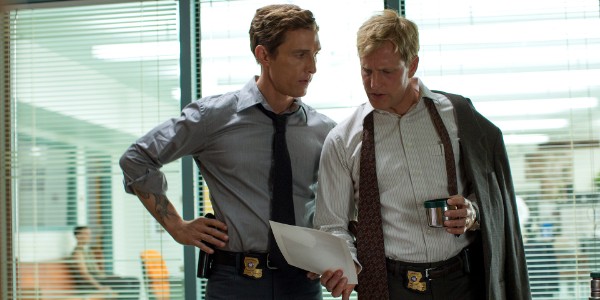
1. True Detective Season 1
It's the season that started it all. The sprawling, enrapturing season of pitch-black television that captivated critics and viewers alike, and the block of premiere TV that showcased the cinematic possibilities that were only rarely seen before. That's right, True Detective Season 1 is largely responsible for how we view television today, and the rippling effects of its success — much like time itself, flat circle or otherwise — can still be felt even to this day.
Featuring Matthew McConaughey and Woody Harrelson giving two of their brightest performances to date, the story of two Louisiana detectives trying to solve the case of a rampant serial killer over a 17-year period was a masterpiece of television. It's an excellent crafted, wonderfully told, vigorously well-spun tale of the cyclical, cynical nature of time, death and crime, and how the injustices of the past shape the murky reflections of our present.
It's a gorgeously moody tale of morality, made impeccable not only by the extraordinary writing by Nic Pizzolatto but the wonderfully refined direction by Cary Joji Fukunaga, wonderfully bleak production design, exceptional pacing — despite the broken, time-jumping narrative — and truly great acting.
There is a lot to appreciate in True Detective's first season, particularly in how it crafts a mood and a stark sense of atmosphere which gives its existential pondering a muted weight, but it's ultimately Matthew McConaughey's portrayal of Rust Cohle which will go down as the show's most iconic feature. His performance, which makes perfect use of the actor's mystic radiance and quasi-surrealist nihilism, results in Pizzolatto's dialogue sing upon delivery. His sing-song way of speaking is perfectly in-tune with Pizzolatto's verbose writing style, and together, they're working in harmony.
But what really makes it work, above all else, is Cary Joji Fukunaga's incredible direction. In my view, it's perhaps the main reason why the following two seasons never quite captured the same hellfire. His somber foreboding tone makes it an intoxicating mix of dark tranquility and growing unease. It's a tricky balance that was never quite captured again, but it doesn't matter since it worked so beautifully the first time around. Also, the opening title sequence, perfectly paired with "Far From Any Road" by the Americana duo The Handsome Family, is one of the greatest in TV history, in my opinion.
Even though the following seasons never quite matched the show's former greatness, True Detective will undoubtedly stand tall in the lineage of great television, if primarily for the accomplished success of its incredible first season. It certainly wasn't the first anthology series to hit television, as American Horror Story, The Twilight Zone, Tales From The Crypt and Alfred Hitchock Presents, to name but a few, all came before it.
But it did undoubtedly revolutionize the state of television and allowed writers, directors and actors alike to transition their talents from the big screen to the small one in the hopes of creating similarly challenging, expressive and exhilarating television that could receive the same critical praise and deliriously high notices.
Television is never going to be quite the same after True Detective, and it's no mystery why that's the case.
Will is an entertainment writer based in Pittsburgh, PA. His writing can also be found in The Playlist, Cut Print Film, We Got This Covered, The Young Folks, Slate and other outlets. He also co-hosts the weekly film/TV podcast Cinemaholics with Jon Negroni and he likes to think he's a professional Garfield enthusiast.
